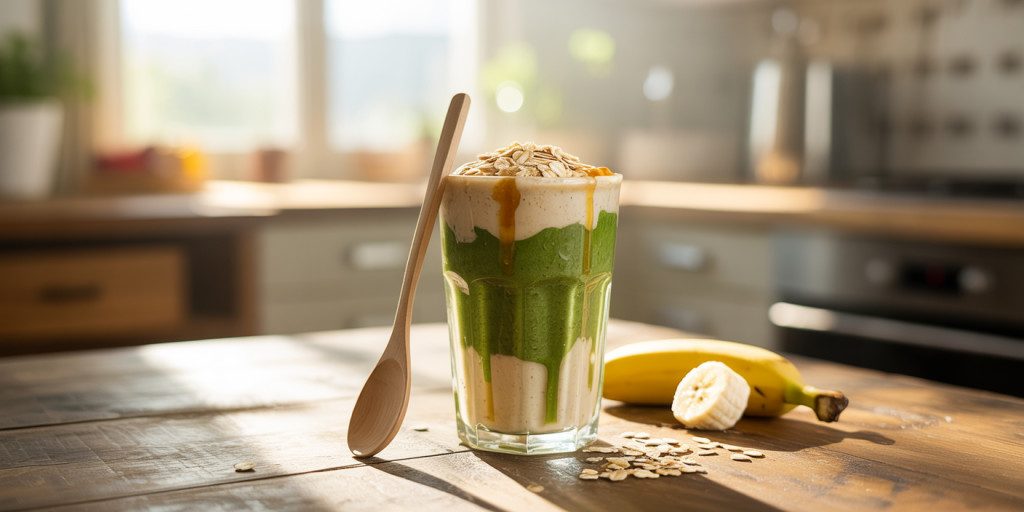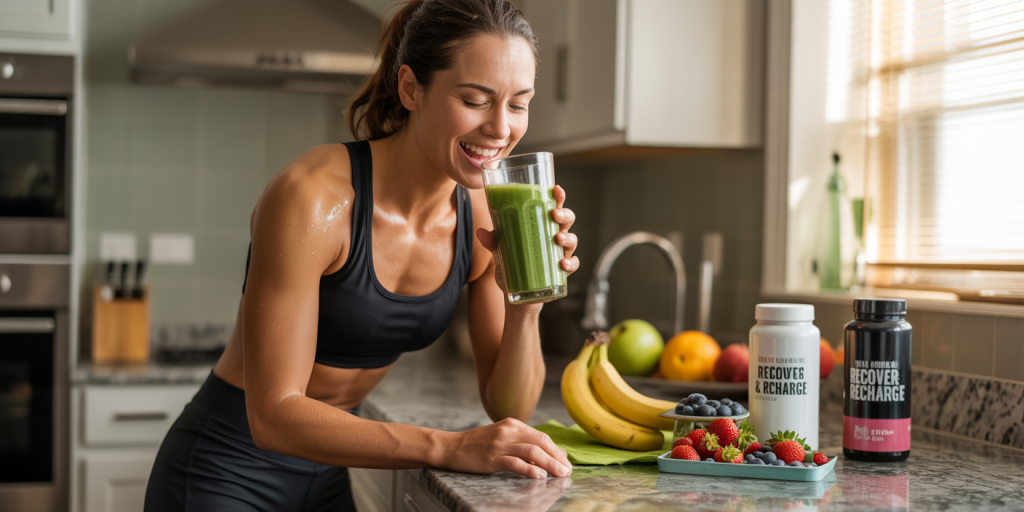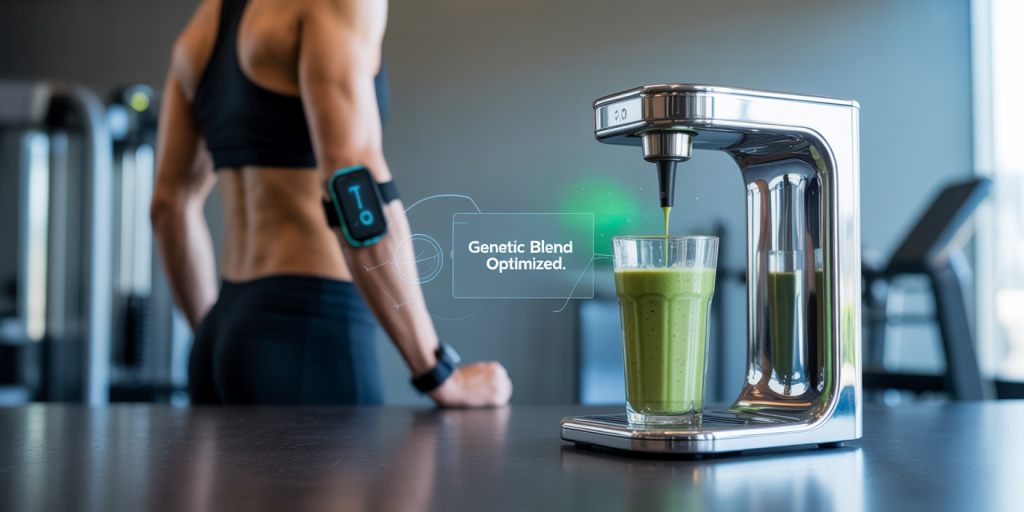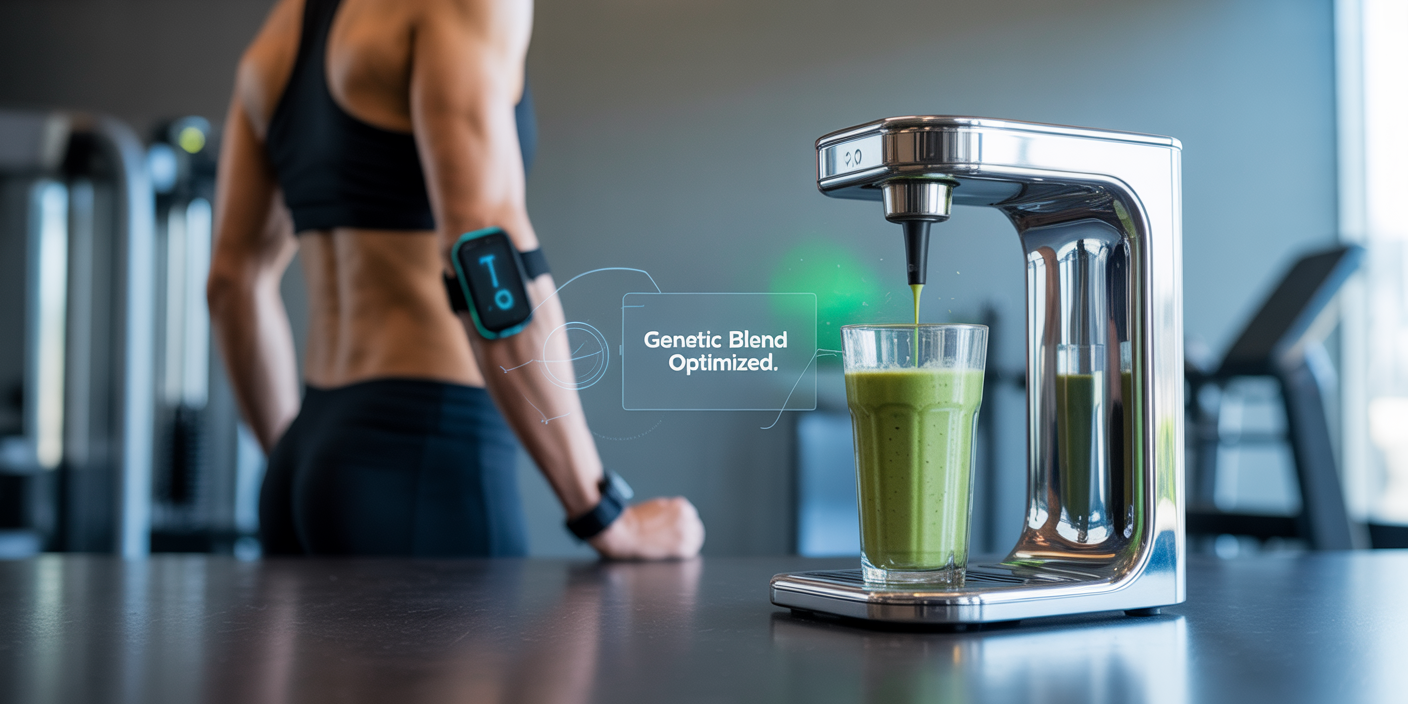Optimal recovery after exercise is essential for muscle growth, strength improvement, and overall fitness progression. One of the most efficient ways to boost post-workout recovery is through nutrient-dense smoothies and shakes specifically designed to replenish energy stores, repair damaged muscle tissues, and rehydrate the body. This article explores the science and practicality behind post-workout smoothies and shakes, providing actionable insights to help athletes, fitness enthusiasts, and casual exercisers choose the best nutrition to enhance their performance.
The Role of Nutrition After Exercise
After an intense workout session, the body’s metabolic processes shift from energy expenditure to recovery and adaptation. This phase involves muscle protein synthesis, glycogen replenishment, and hydration restoration. According to a study published in the *Journal of the International Society of Sports Nutrition* (2017), ingesting protein and carbohydrates within 30 to 60 minutes post-exercise significantly improves muscle protein synthesis and glycogen storage, expediting recovery times and reducing muscle soreness.
Consuming a balanced blend of macronutrients—carbohydrates, proteins, and fats—is therefore crucial. Carbohydrates replenish glycogen stores that fuel muscles, proteins supply amino acids necessary for repairing microscopic muscle tears, and fats support hormonal balance and inflammation control. Nutrient timing, especially post-workout, matters since muscles are more receptive to nutrients immediately after exercise due to increased blood flow and insulin sensitivity.
Key Ingredients in Post-Workout Smoothies and Shakes
Creating an effective post-workout drink involves combining the right ingredients in the correct ratios. The evidence suggests a carbohydrate-to-protein ratio ranging from 3:1 to 4:1 optimizes glycogen replenishment while fostering muscle repair.
Carbohydrates: The Primary Energy Source
Carbohydrates serve as the main energy source after workouts. Complex carbs like oats, bananas, and sweet potatoes break down slower, providing sustained energy; whereas simple carbs such as honey, dates, or ripe fruits spike blood glucose rapidly, jump-starting recovery. For instance, chocolate milk, a popular recovery beverage, contains about 22-28 grams of carbohydrates per 8-ounce serving, offering a proven blend of fast and slow-digesting sugars.
Proteins: Building Blocks for Muscle Repair
Proteins deliver essential amino acids for muscle protein synthesis. Whey protein, derived from milk, is highly bioavailable and fast-digesting, making it ideal immediately after workouts. Casein protein digests more slowly, sustaining amino acid delivery over time, favored for evening recovery. Plant-based proteins like pea, soy, and rice are alternative options for those with dietary restrictions. A practical recommendation is consuming 20–25 grams of protein per post-exercise meal or shake to maximize synthesis.
Fats and Micronutrients: Supporting Recovery and Overall Health
Though fats should be limited in immediate post-workout shakes to avoid delaying stomach emptying, small amounts of omega-3 fatty acids (found in flaxseed, chia seeds) help reduce inflammation. Additionally, post-workout drinks enriched with vitamins and minerals such as potassium, magnesium, and calcium assist electrolyte balance and muscle function.
Practical Post-Workout Smoothie Recipes with Nutritional Analysis
Below are three vetted smoothie recipes designed for different fitness goals, with macronutrient data analyzed per serving. These examples emphasize combinations of whole foods and supplements for balanced recovery.
| Recipe Name | Calories | Carbs (g) | Proteins (g) | Fats (g) | Key Ingredients |
|---|---|---|---|---|---|
| Classic Banana Whey | 320 | 40 | 25 | 4 | Banana, whey protein, Greek yogurt, honey |
| Vegan Power Blend | 350 | 45 | 22 | 6 | Pea protein, almond milk, spinach, dates |
| Chocolate Peanut Butter | 400 | 38 | 28 | 14 | Whey protein, peanut butter, cocoa powder |
Classic Banana Whey combines fast-digesting whey with banana carbohydrates and yogurt probiotics, promoting quick recovery and gut health. Vegan Power Blend replaces dairy with pea protein and almond milk, including dates for rapid sugar replenishment along with spinach for micronutrients. Chocolate Peanut Butter focuses on higher healthy fat content, suitable for those involved in longer endurance sessions requiring sustained energy.

Comparative Benefits: Smoothies vs. Commercial Recovery Shakes
With many options on the market, athletes often wonder whether homemade smoothies offer superior benefits compared to commercial recovery products.
| Factor | Homemade Smoothies | Commercial Recovery Shakes |
|---|---|---|
| Nutrient Quality | Fresh, whole ingredients | Fortified, sometimes synthetic |
| Customizability | Highly customizable | Fixed formulations |
| Cost | Generally lower | Often more expensive |
| Additives/Preservatives | Minimal | Often contain additives |
| Digestive Impact | Easily tailored to needs | Some contain lactose or allergens |
A 2020 survey of amateur athletes published in *Nutrition & Metabolism* found that 65% preferred homemade smoothies citing “natural ingredients” and “better taste,” while 35% favored commercial shakes for convenience and assurance of precise dosing.
Hydration and Supplementary Ingredients in Post-Workout Shakes
Hydration is an integral part of recovery that often gets overlooked. Post-exercise, fluid losses of up to 2% or more of body weight through sweat can impair muscle recovery and cognitive function. Including hydrating components such as coconut water, low-fat milk, or even water-rich fruits like watermelon in smoothies enhances rehydration.
In addition, some athletes may benefit from functional additives such as creatine, BCAAs (branched-chain amino acids), or beta-alanine incorporated into their shakes. For example, a 2019 study in *Sports Medicine* highlighted that adding creatine post-workout accelerates strength gains over several weeks when combined with resistance training. However, individuals should consult professionals to avoid overconsumption or adverse effects.
Real-World Case Study: Elite Athletes’ Approach to Post-Workout Nutrition
Examining elite athletes provides practical insights into how post-workout shakes are integrated within high-performance regimes. Take the example of marathon runner Eliud Kipchoge, who reportedly consumes a nutrient-rich smoothie composed of bananas, oats, peanut butter, and locally sourced natural honey immediately after training. This simple yet effective formula supplies quick carbohydrates and moderate protein, facilitating rapid muscle glycogen restoration and muscle rebuilding.
Similarly, CrossFit athletes often rely on whey or plant protein shakes blended with fruits and electrolytes to refuel after intense workouts characterized by high volume and intensity. Data from a 2021 CrossFit study involving 40 participants showed a statistically significant reduction in delayed onset muscle soreness (DOMS) when athletes consumed protein-carbohydrate shakes within 30 minutes post-exercise compared to water alone.
Future Perspectives in Post-Workout Smoothies and Shakes
As the sports nutrition field advances, technology and research will continue to shape how post-workout nutrition is formulated and consumed. Innovations in personalized nutrition, driven by genetic testing and microbiome analysis, will allow athletes to tailor smoothie recipes for their specific metabolic profiles and recovery needs. For example, companies like Nutrigenomix provide DNA-based reports advising optimal macronutrient ratios, enhancing recovery efficiency.
Moreover, plant-based and sustainable ingredients are gaining traction due to environmental concerns and rising veganism, prompting development of novel protein sources such as algae, insect proteins, and lab-grown options. These alternatives aim to provide high-quality amino acid profiles while minimizing carbon footprints.
Functional bioactive compounds like adaptogens (ashwagandha, rhodiola) and nootropics could be incorporated into post-workout formulations to address not only physical but cognitive recovery. Lastly, wearable technology might soon synchronize biometric data with nutritional intake, delivering personalized shakes through smart dispensers based on real-time exercise metrics.

Post-workout smoothies and shakes remain a critical tool for optimal recovery, muscle growth, and sustained fitness progress. By understanding the science behind nutrient timing and ingredient synergy, individuals can craft effective, delicious, and personalized recovery drinks. Whether through homemade recipes or carefully selected commercial products, prioritizing nutrient quality and hydration maximizes the benefits of every workout, setting the stage for future performance gains.


Deixe um comentário